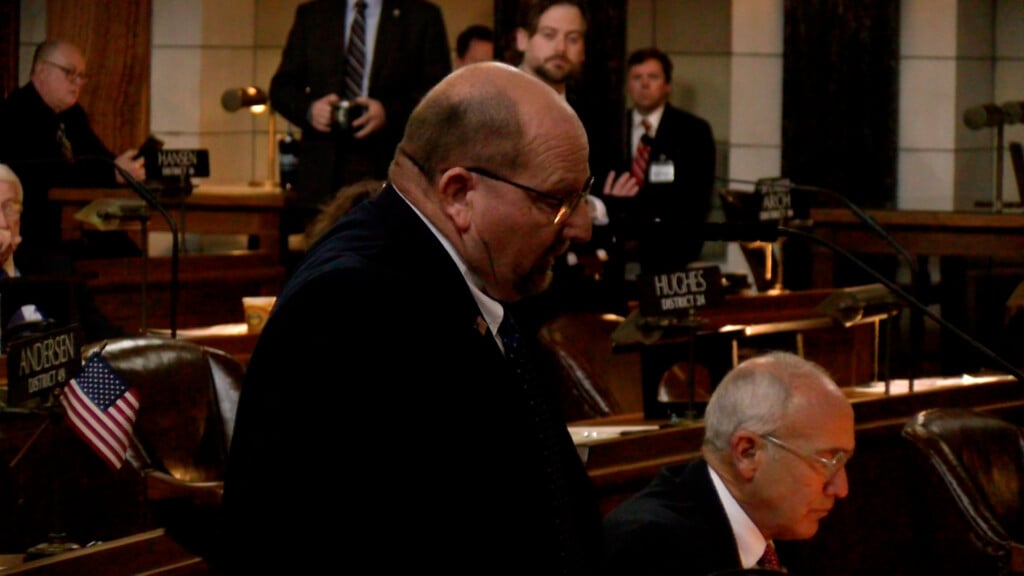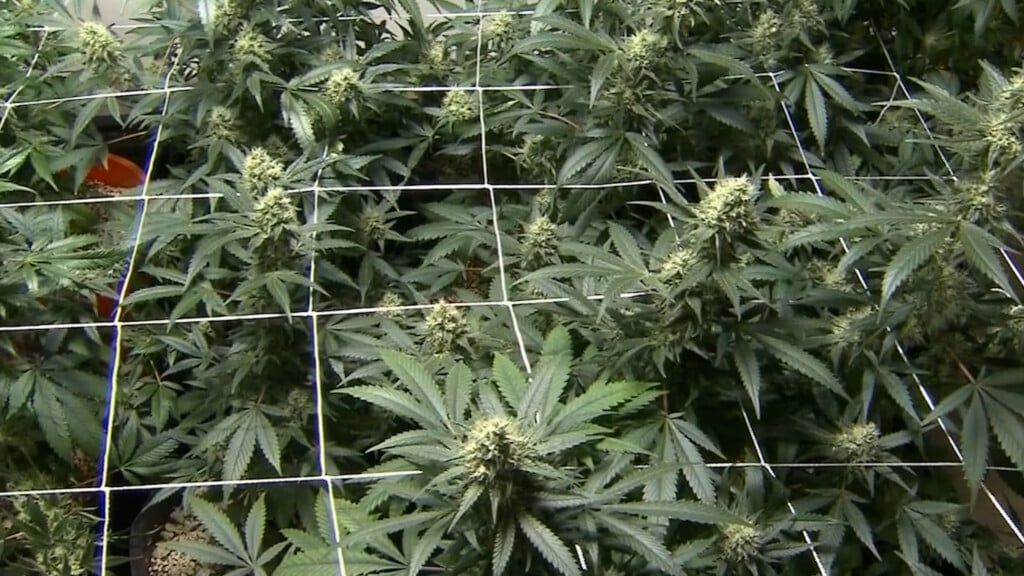‘Cold smack in the face’: LPS says bills could reduce its revenue by millions
LINCOLN, Neb. (KLKN) – Lincoln Public Schools is raising the alarm over two bills that could cost the district millions of dollars in revenue.
If either is passed, LPS said it will be forced to make tough decisions and possibly cut programs.
On Tuesday, the school board discussed the impact it would have next school year and beyond.
“This revenue cap seems like a cold smack in the face to people that work every day with everybody else’s children,” board member Kathy Danek said.
Last year, state lawmakers gave schools more funding.
In turn, they set a 3% revenue growth cap for school districts, with the goal of providing property tax relief.
But local school boards can vote to override that growth cap depending on their needs and community feedback.
Two new bills, Legislative Bills 1316 and 1241, would take away the ability to override that cap.
LPS said LB 1316 would result in a decrease of about $14 million for the district in the 2024-25 school year.
And LB 1241 would mean a decrease of $28 million.
This is putting pressure on the school board, which will have to make cuts to make up for that.
“We’ll try to keep them as far away from the classroom as we can, but that means things like cutting add-ons like the career academy or cutting athletic programs,” board member Bob Rauner said.
Liz Standish, the associate superintendent for business affairs at LPS, said the bills could have long-term effects as well.
The primary concern is with hiring and retaining teachers.
“We are in a labor shortage in education, so we’re having to look at wages and benefits as a way to address that shortage,” Standish said. “That will result in the need to grow our budget by about $20 million next year. So we’ll be facing that pressure where the budget needs to grow against the backdrop of dropping revenue.”
Standish testified against both bills in the Legislature.
And several school board members spoke out against them at Tuesday’s meeting, saying they will have a negative effect on students and staff alike.
“This is not good for students, this is not good for families, this is not good for communities,” board member Barbara Baier said. “And it’s certainly not good for our economy.”



